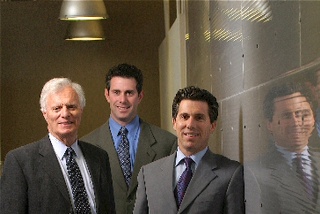Wyatt Technology Corporation, the world leader in absolute macromolecular characterization instrumentation and software, announces it has been ranked among The Scientist magazine’s Best Places to Work in Industry, for the fifth consecutive year. The accolade supports Wyatt’s unique, family-focused approach to business, where researchers and all support staff are made to feel valued and at home.

This year’s categories investigated the research environment, management, integrity, communications, job satisfaction, training and development, remuneration and benefits and policies and practices of each company. With a firm focus on customer delight, Wyatt Technology has been consistently recognized by The Scientist for its dedication to maintaining an environment where researchers love to work, with Best Places to Work awards in 2009, 2010, 2011 and 2012. This year, Wyatt was named #5 on the worldwide list of companies.
Wyatt Technology is a high technology manufacturer of analytical instruments for biotechnology and pharmaceutical research and development offering expertise in macromolecular and nanoparticle characterization since 1982. With its dog-friendly workplace, the company prides itself on ensuring both personal and scientific satisfaction, which has undoubtedly helped the company become the recognized leader in light scattering instrumentation and software.
Already 2013 has been an exciting year for Wyatt Technology, with the launch of the first refractive index detector for UHPLC at Pittcon 2013. The innovative Optilab UT-rEX uses a combination of miniaturized components and cutting-edge semiconductor photodiode technology to enable it to be added to any UHPLC system.
Dr. Philip Wyatt, CEO, comments, “We have always been fortunate in recruiting and cultivating exceptional people. Indeed, our dedication to delight our customers has resulted in a camaraderie between our staff and our customers that is unique in the industry. We appreciate the recognition our way of doing business has garnered and the honors awarded us by The Scientist.”